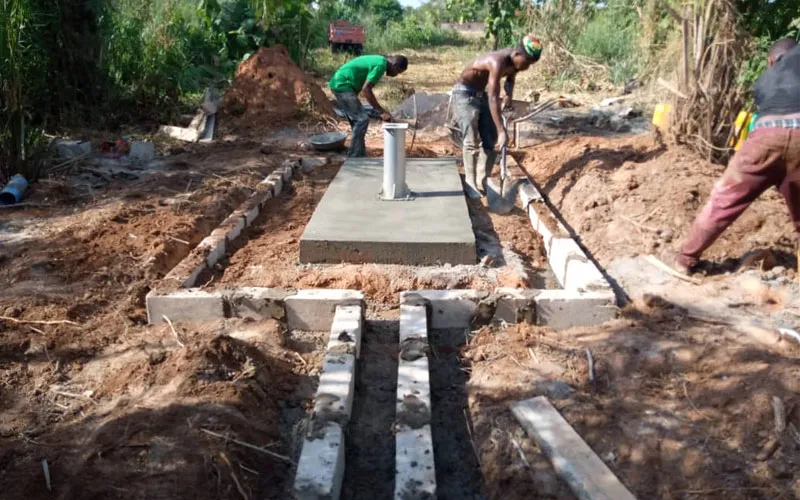Sunyani, 05 January, 2022 / 8:31 pm (ACI Africa).
The U.S.-based development arm of the Religious Institute of the Salesians of Don Bosco (SDB), Salesian Missions, has facilitated clean water supply to thousands of people in Ghana’s Catholic Diocese of Sunyani.
Through the “Clean Water Initiative,” a Salesian Missions project, SDB members at the Catholic institution have drilled boreholes and provided hand pumps to the people of God in localities within Bono region covered by the Ghanaian Diocese, a Monday, January 3 report indicates.
“The project improves the access to quality and potable water for the villages that are part of the Odumase Mary Help of Christians Parish under the Catholic Diocese of Sunyani. The Parish has 16 outstations and 22 villages,” SDB officials say in the report.
“Water remains one of the main challenges in the Bono region,” Salesian missionaries say, adding that access to the nearest available source of water is several miles from the villages.
Due to the lack of access to water, SDB officials further say in the January 3 report, people's health has been negatively affected.








